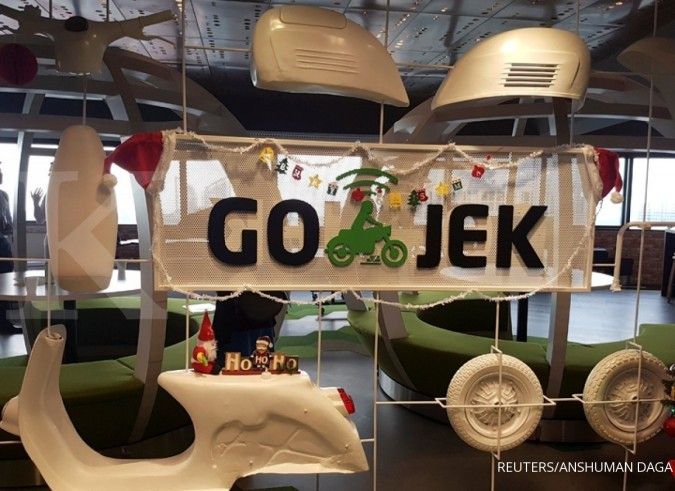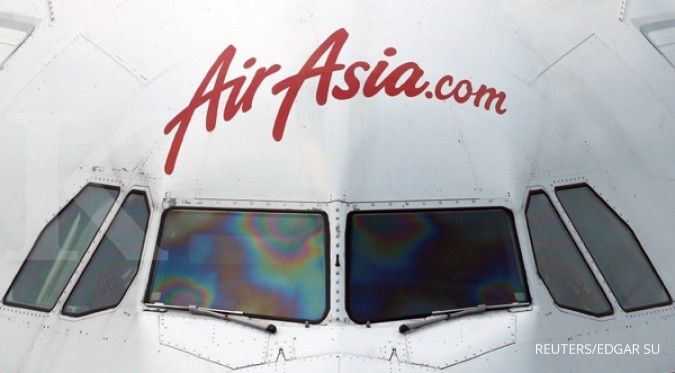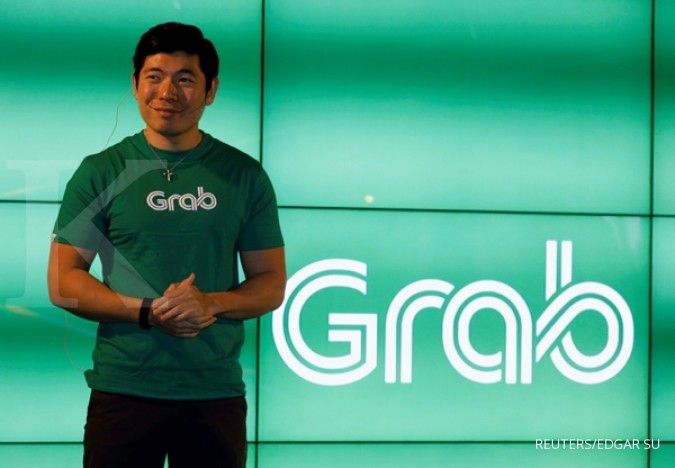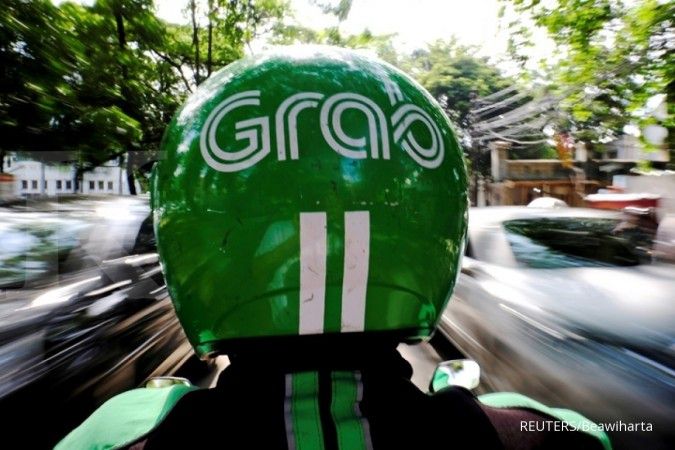GRAB - JAKARTA. Grab, a ride-hailing company, contributed Rp 46.2 trillion ($3.3 billion) to Indonesia’s informal economy last year in the form of additional income for drivers and food merchants, according to a survey released on Thursday.
The contribution comes from the company’s three business units: GrabBike (Rp 15.7 trillion), GrabCar (Rp 9.7 trillion) and GrabFood (Rp 20.8 trillion).
The survey was conducted by the Centre for Strategic and International Studies (CSIS) and Tenggara Strategics, a sister company of The Jakarta Post, in partnership with Grab. It interviewed 2,600 partners from five major cities: Jakarta, Bandung, Surabaya, Makassar and Medan.
CSIS economist Yose Rizal Damuri told reporters in Jakarta that the survey was part of a series of CSIS studies into the impact of the digital economy in Indonesia.
“There’s never been a significant reduction of informal employment. So maybe we need a new paradigm where it’s not about reducing informality but increasing informal income,” he said.
The survey shows that ride-hailing services allowed drivers to double their monthly average income from Rp 1.9 million to Rp 3.9 million for motorcycle drivers and from Rp 3.3 million to Rp 7 million for car drivers.
Ride-hailing was also a popular means of informal employment as 33 percent of car drivers and 38 percent of motorcycle drivers had no income prior to joining the company.
Food merchants, all of whom were micro and small businesses, also experienced an average 25 percent increase in daily sales from an average of Rp1.4 million to Rp1.85 million.
However, the sales of 16 percent of vendors did not increase beyond the lowest income bracket of less than Rp 500,000 per day.
Tenggara also calculated the economic contribution of Kudo, an online-to-offline platform, which was acquired by Grab but is not a ride-hailing platform. Kudo contributed Rp 2.7 trillion to the informal economy.
The University of Indonesia recently released a similar survey on Grab’s archrival, Go-Jek, which contributed an estimated Rp 9.9 trillion to the informal economy via its Go-Ride and Go-Food business units.
/2019/01/11/1113523887.jpg)













